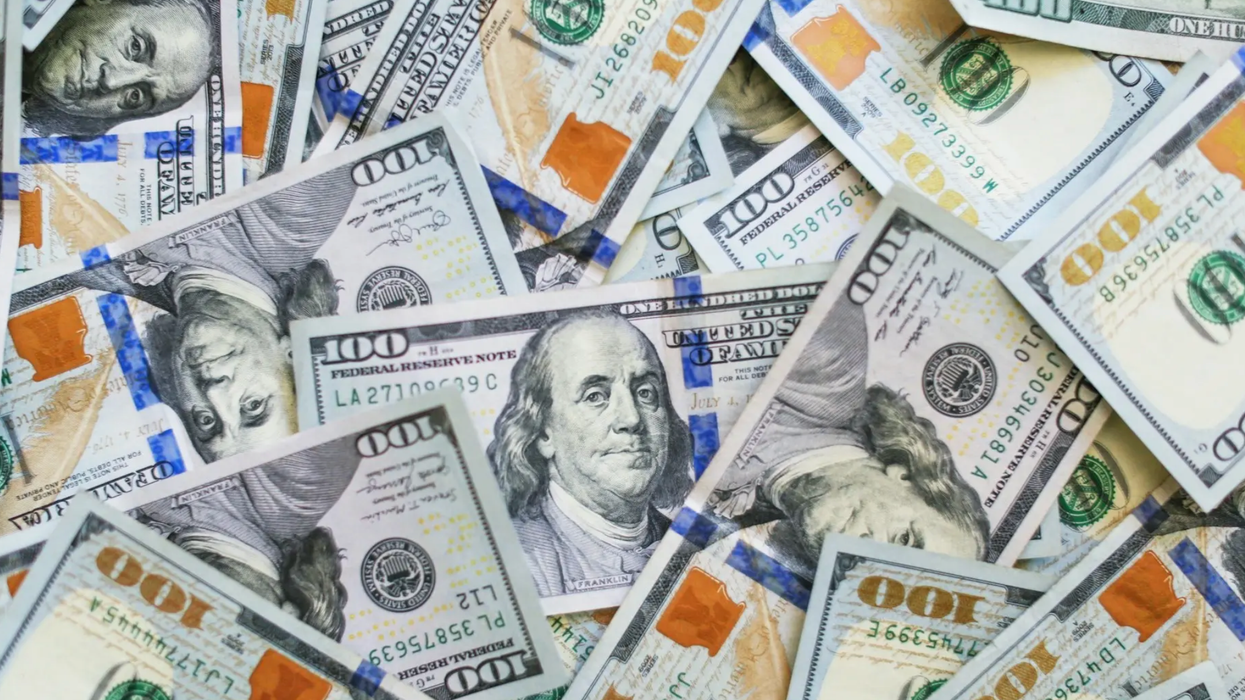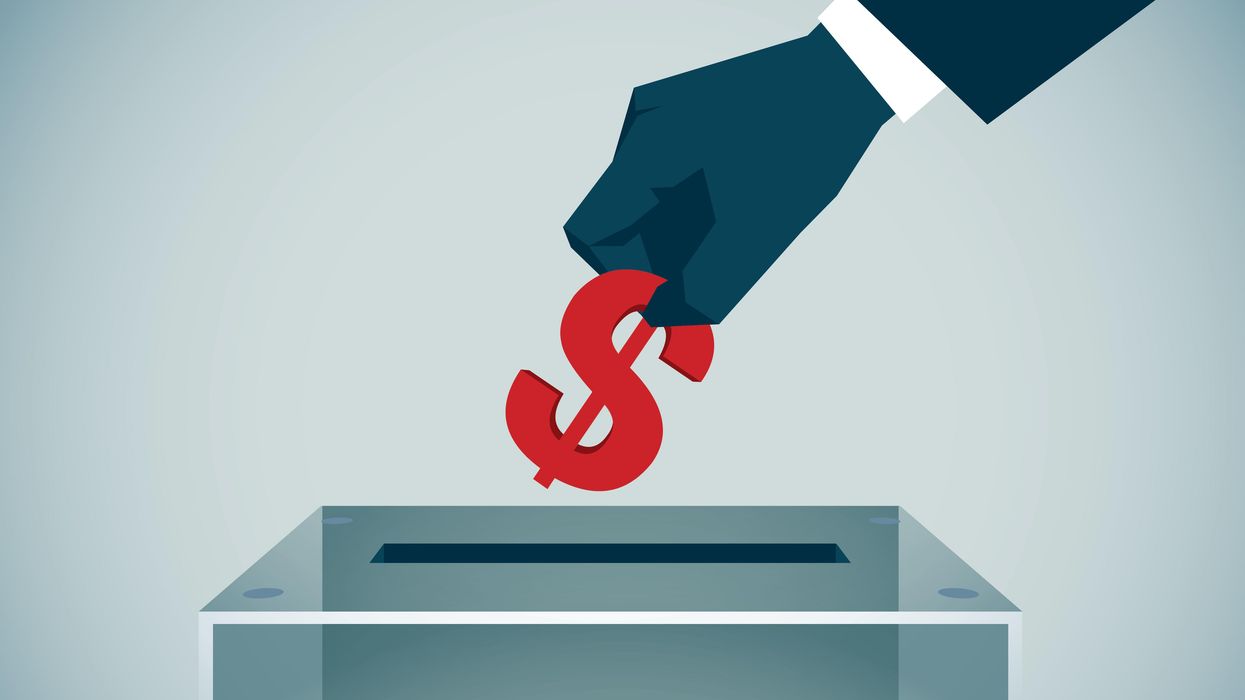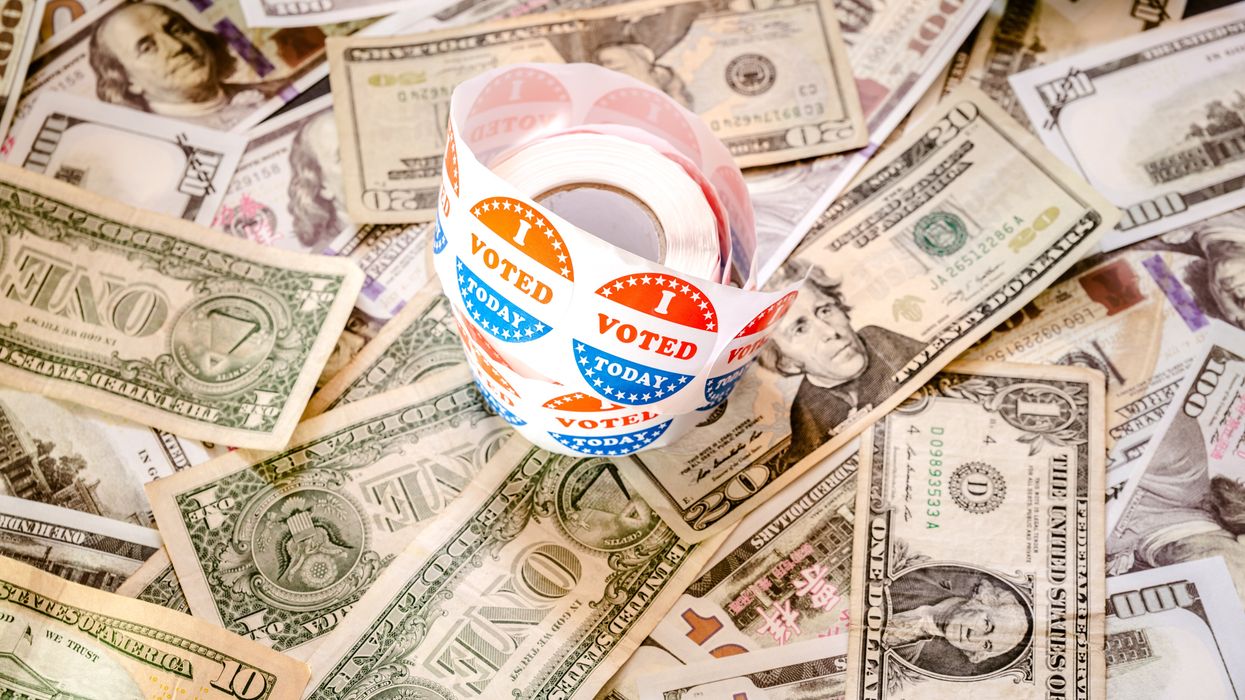WASHINGTON, D.C. - There is an old saying: All politics is local. However, many voters may get the impression this is becoming less and less a reality -- particularly in US House and Senate elections where candidates are elected to represent specific districts or states, but campaign to a national audience.
This is because local influence in the most contested races is dying out -- a statement not contrived from opinion, but fact.
New analysis from OpenSecrets shows how much local influence has disappeared in congressional elections. The 2024 election cycle, in particular, marked a historic shift in campaign financing — confirming that local money is no longer the lifeblood of congressional campaigns.
According to campaign finance disclosures, House and Senate candidates relied heavily on money from outside their home districts and states. Only 17.6% of itemized contributions to House campaigns came from within the candidate’s district, while Senate hopefuls raised only 27.5% from in-state supporters.
These are the second-lowest figures on record, behind only the 2020 election cycle.
In an era defined by digital fundraising and national hyper-polarization, this has become the new norm. Digital fundraising platforms like ActBlue and WinRed -- which now pull in the most cash for the Democratic and Republican Parties -- have turned once-local races into nationwide battles.
“What used to be a redistricted neighborhood contest is now a televised ideological fight that attracts donations from coast to coast,” said one campaign strategist.
States with smaller populations saw the most dramatic reliance on outside money. In the House, general election candidates in Delaware, Vermont, and Wyoming raised over 89% of their funds from out-of-district sources. Their Senate counterparts similarly saw over 92% of their support come from beyond state lines.
OpenSecrets offers detailed charts and breakdowns of the figures here.
Congressional Leaders, National Donors
The numbers are particularly striking for high-profile figures -- even those who rally for campaign finance reform. US Rep. Alexandria Ocasio-Cortez and Sen. Bernie Sanders, for example, each raised more than 97% of their individual contributions from donors outside their constituencies.
It seems like the bigger the name profile, the more massive the outside influence. In both chambers, the top 50 campaigns most reliant on non-local money saw strong electoral performance. In the House, 82% of these candidates won; in the Senate, 58% were victorious.
Other variables factor into electoral outcomes -- including the fact that about 90% of US House races are safe for one party or the other. However, there is no question that many candidates benefit from a national donor base that expands well outside their home districts and states.
There are a few candidates who successfully bucked the trend with strong in-district fundraising. However, their stories were the exception.
In the House, Reps. Nathaniel Moran (R-Texas) and Marcus Jones (D-Arizona) stood out for raising large shares of money locally — but only Moran won. Others, like Caleb Rudow (D-N.C.), lost despite pulling in over 70% of their funding from within their districts.
In the Senate, just two candidates — Raul Garcia (R-Wash.) and Mike Sapraicone (R-N.Y.) — crossed the 80% mark for in-state contributions. Both lost.
Winners Without Local Roots
The data underscores a fundamental reality of today’s political landscape: the most successful campaigns are often those with stronger national appeal. Ruben Gallego (D-Arizona), for example, raised more than $46 million for his Senate bid — with less than 25% of it coming from within his state. He won.
Similarly, House winners who relied most heavily on non-local donors tended to be those with high visibility and ideological followings. But even among more locally rooted winners, there was a notable pattern: those who succeeded with high local percentages often represented districts with less national spotlight, where local ties still mattered.
A Question of Accountability
The analysis from OpenSecrets raises obvious red flags on the subject of accountability. When the bulk of a candidate’s financial support comes from people who cannot vote for them, critics argue, the link between constituents and their representatives weakens.
“The growing gap between where campaign money comes from and who it’s meant to represent raises fundamental questions,” said one political analyst. “Are candidates more responsive to their communities — or to the donors fueling their campaigns from afar?”
With local fundraising hitting near-record lows in 2024, the answer may no longer be local.
Who Really Pays for Congress? Local Donors All but Disappear in 2024 was originally published by Independent Voter News and is shared with permission.
Shawn Griffiths Is An Election Reform Expert And National Editor Of IVN.us.




















